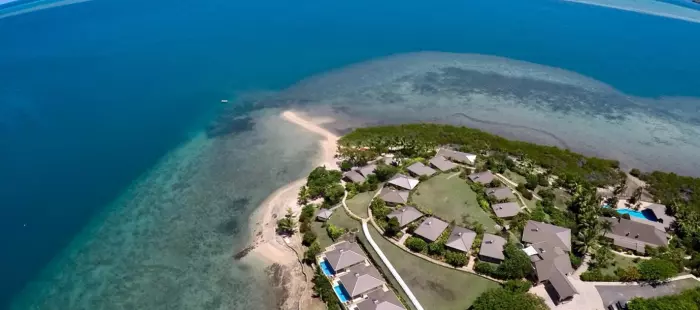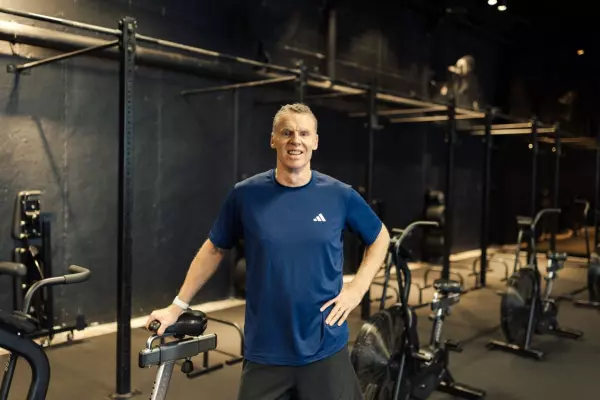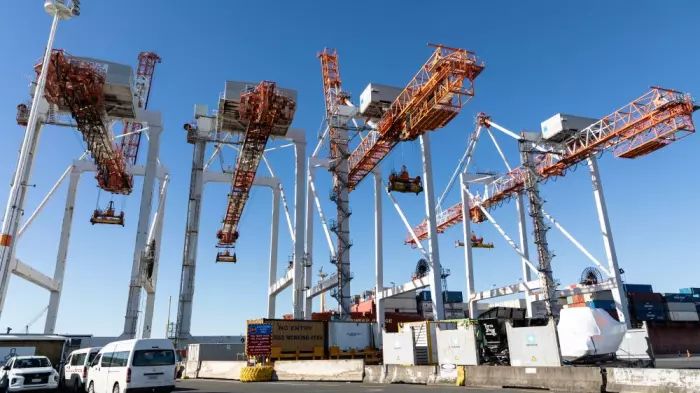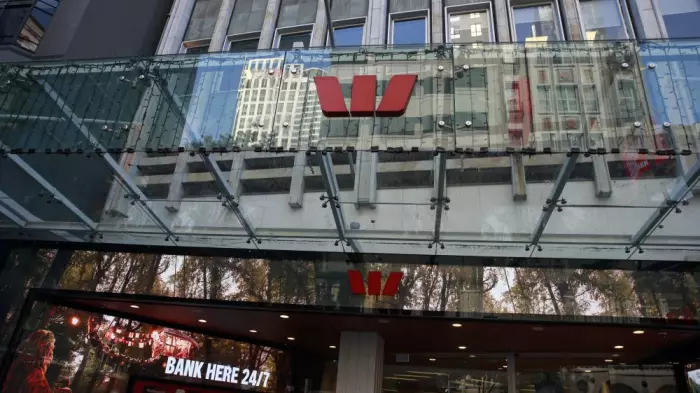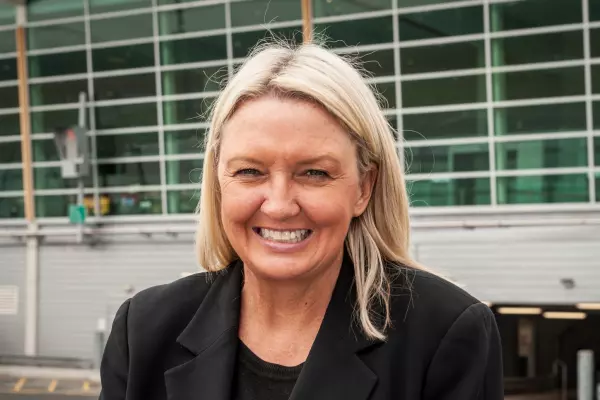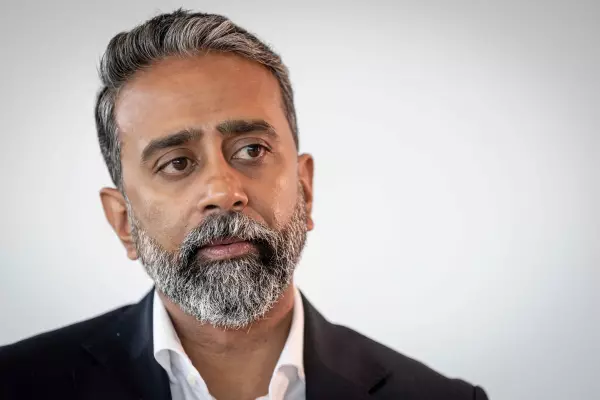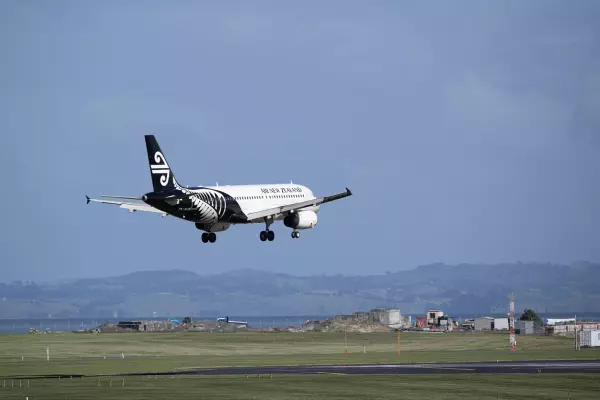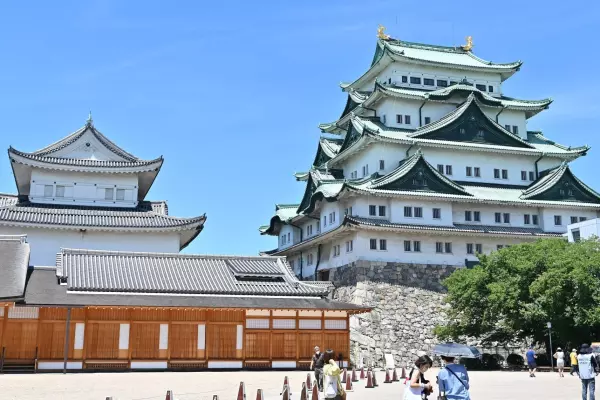It’s been a challenging two years for tourism operators in New Zealand – but for those in Fiji, it’s been an even bigger battle.
Tourism contributes around 40% of Fiji’s gross domestic product and much of the tourism industry is driven by the private sector, according to the Fiji Bureau of Statistics.
With Fiji’s borders closed to all visitors between March 2020 and December 2021, tourism operators struggled to keep the lights on.
Now that international borders have opened back up again and tourists have been flooding back to Fiji in pre-pandemic numbers, three New Zealand-owned businesses tell BusinessDesk why they decided to set up shop in Fiji and their trials and tribulations along the way.
Tucked away just a 10-minute drive from the Rakiraki district, Volivoli Beach Resort is a boutique vacation destination in the Ra province that’s well known for its niche of world-class diving, fishing, and outdoor activities.
Owner Steve Darling says his family originally came to Fiji in the early 90s to build roads in the Ra province. His family lived in the local town of Rakiraki and when the contract came to an end, Darling’s parents bought a block of land beside one of the neighbouring resorts.
“When I finished high school, I went and did my dive instructor course and was going to use that to see the world,” he says.
“Fiji was my first stop and 22 years later I'm still here.”
Darling describes the pandemic as “very testing times” but says the resort – like other tourism operators – had faith that the world was going to open back up again.
“Throughout the pandemic, we tried to rotate as many staff as possible so they still had access to income to help their families,” he says.
“We were very lucky that 90% of our group bookings didn't cancel and instead, they differed their dates.”
Darlings says the NZ values of having a sense of community “definitely helps” running a business in Fiji – as well as a can-do attitude when things get tough.
Volivoli “hit the ground running” when the announcement was made last December that Fiji was reopening its borders and Darling says the resort has returned to almost pre-covid numbers since then.
“We're currently in the process of building a new dive boat to meet demand,” he says.
“We’ll also develop some new rooms mid to late next year and finally, in the near future, we will have residential blocks for sale.”
'A life less ordinary'
Based out of the Musket Cove Resort on Malolo Lailai Island, Subsurface Fiji has been operating resort scuba diving and watersports for over 24 years.
Subsurface owner Sarah Jeffery said her family had always liked to challenge the “normal” lifestyle and wanted to “live a life less ordinary”.
So in 2005, she and her husband Carl packed up their belongings and their baby daughter and set off to travel around Europe in a campervan.
“But halfway there, we found a boat in Greece that we subsequently bought and then spent two summers sailing around the Greek and Croatian islands,” Jeffery reminisces.
After being bitten by the sailing bug, the pair have since owned several yachts in NZ and visited Musket Cove in Fiji for the first time in 2016 when they were staying on a friend's yacht.
Over the next three years, they went back to visit so many times that in 2019, when they were there for the Musket Cove Regatta, they decided they’d like to cruise more permanently.
“Fate brought us to meet Karen, a fellow Kiwi and the previous owner of Subsurface. When she said she was selling, it felt like the perfect opportunity for us,” Jeffery says.
The pandemic threw a spanner into their dream however as just 16 days after they took over the business on March 1 in 2020 they had to close their doors.
“At the time it felt like we were doomed,” Jeffery says. “It took both a financial and mental toll on us.”
Her husband Carl came home on the last flight from Fiji before borders were closed and was able to re-establish his handyman business so life continued at “some level” of normality.
Jeffery says during the pandemic, the business was closed completely and re-opening required a lot of effort – both to ensure that they were able to meet the government requirements but also to physically get the business operational again.
“The boats and equipment had all been sitting unattended for nearly two years and needed to be fully serviced,” she says.
“Being on a remote island provides a whole new set of challenges – particularly when the ferry service was operating at a reduced capacity.”
Since reopening the interest in the business has been high. Jeffery thinks that most people want to make up for lost time and make the most of their experiences.
Still, it’s not easy running a business in a different country than your own.
“The banking system is dated, and things that are relatively easy back home can be very difficult,” she says.
“But generally, once you find the right people to assist you or work on your behalf doors start to open.”
'Patience by the bucket load'
Ecotrax founder Mandy de Vries says that before Ecotrax, she and her husband Howie used to have a business operating photosystems for tourism operations which brought the pair to Fiji regularly.
“We fell in love with the Coral Coast and started looking for reasons to spend more time here,” she says.
She describes her husband as an “ideas man” with an engineering and software background.
“He’s also a bit of a train geek so when he came up with the idea for Ecotrax it seemed like the perfect solution,” she says.
Ecotrax offers electric-assisted bicycles mounted side-by-side on a carriage on the old sugar cane tram line of Cuvu, near Sigatoka on the Coral Coast.
De Vries says from the first few months of opening in January 2018, the business took off incredibly fast – which came as a surprise.
“We’ve been fortunate to have had quite a bit of media coverage through reality shows like Bachelor in Paradise Australia, which really launched us,” she says. From an opening staff of six, they’ve quickly grown to 19 local employees.
Before covid-19 struck, they planned to open a second tour to keep up with the ever-growing demand but the pandemic paused their plans.
She says the “sudden nature” of the border closure hit all of Fiji “very hard”.
“It was difficult to convince, not just our own staff, but our whole community of the seriousness of covid-19,” she says.
“We all worked together to make big veggie gardens and be as self-sufficient as possible for the coming year which proved to be a winner for us all.”
Starting a Givealittle page when Cyclone Harold caused widespread destruction in April 2020, the business got busy repairing village houses along the tram line.
“Thanks to the generosity of many Kiwis and Australians, the page made a huge difference,” she says.
“And suddenly we could afford many more building materials and especially roofing iron and groceries for those in need.”
As an overseas investor, the de Vries weren’t eligible for any assistance from the Fijian government – and as the business wasn’t in NZ, they weren’t eligible for any assistance from the NZ government either.
“We had to be resourceful and diversify in order to meet our lease payments and keep our staff fed and housed,” she said.
This included turning their home compound into a local movie and function centre and opening Ecotrax when they could to the local market with shorter cut price tours.
De Vries travelled back to NZ in February 2021 for what was supposed to be a “short family visit” and ended up not being able to get back into Fiji for eight-and-a-half months when covid-19 hit Fiji hard.
“As soon as the borders reopened to Australia at the end of December, Ecotrax took off at high speed again which was a relief,” she says.
“We’re currently fully booked two months in advance and busily building more carriages to meet the demand.”
She says as the business recovers from covid-19, their focus is to expand “as quickly as possible” to meet the ever-growing demand.
“We also plan to take our workshop and compound off the power grid this year and keep educating on green technology to improve the lives of the community – ultimately leaving a legacy of improvement wherever we can.”
It’s the Kiwi “can do” attitude that becomes so valuable for anyone wanting to set up a business in Fiji, along with the inbuilt determination that de Vries says Kiwis are full of.
“You'll need patience by the bucket load but it’s worth it,” she says. “Life in Fiji is great, and we totally recommend it."


